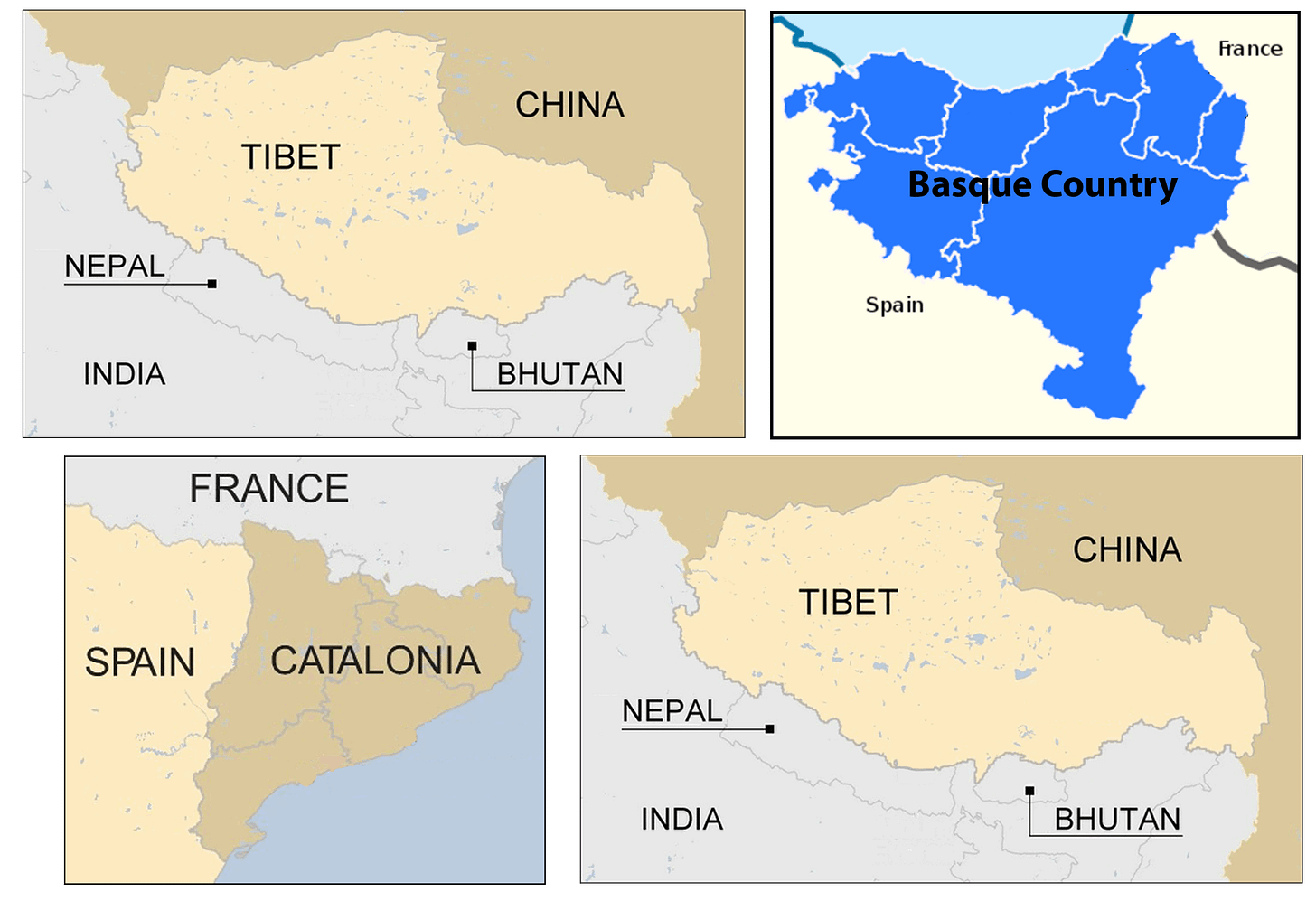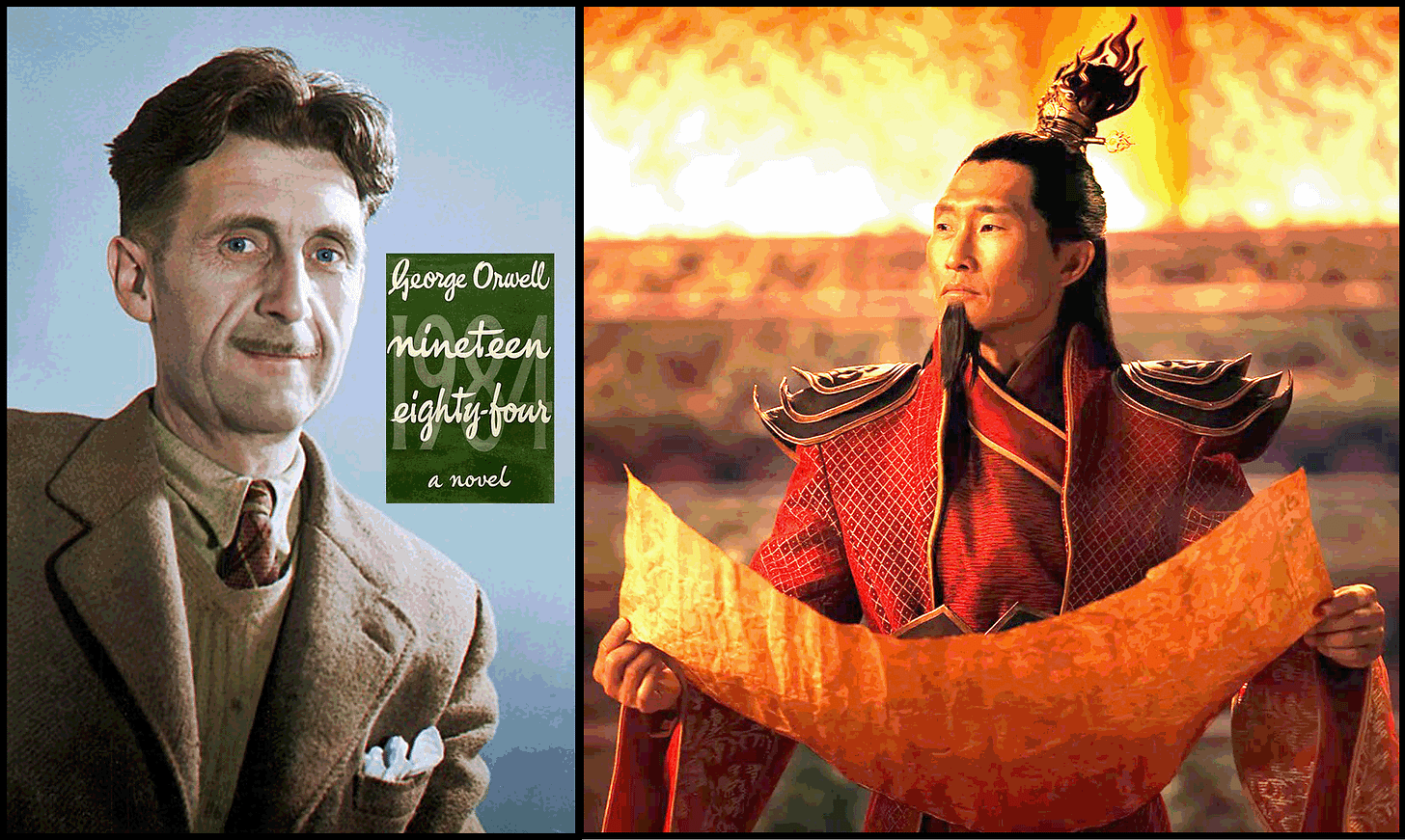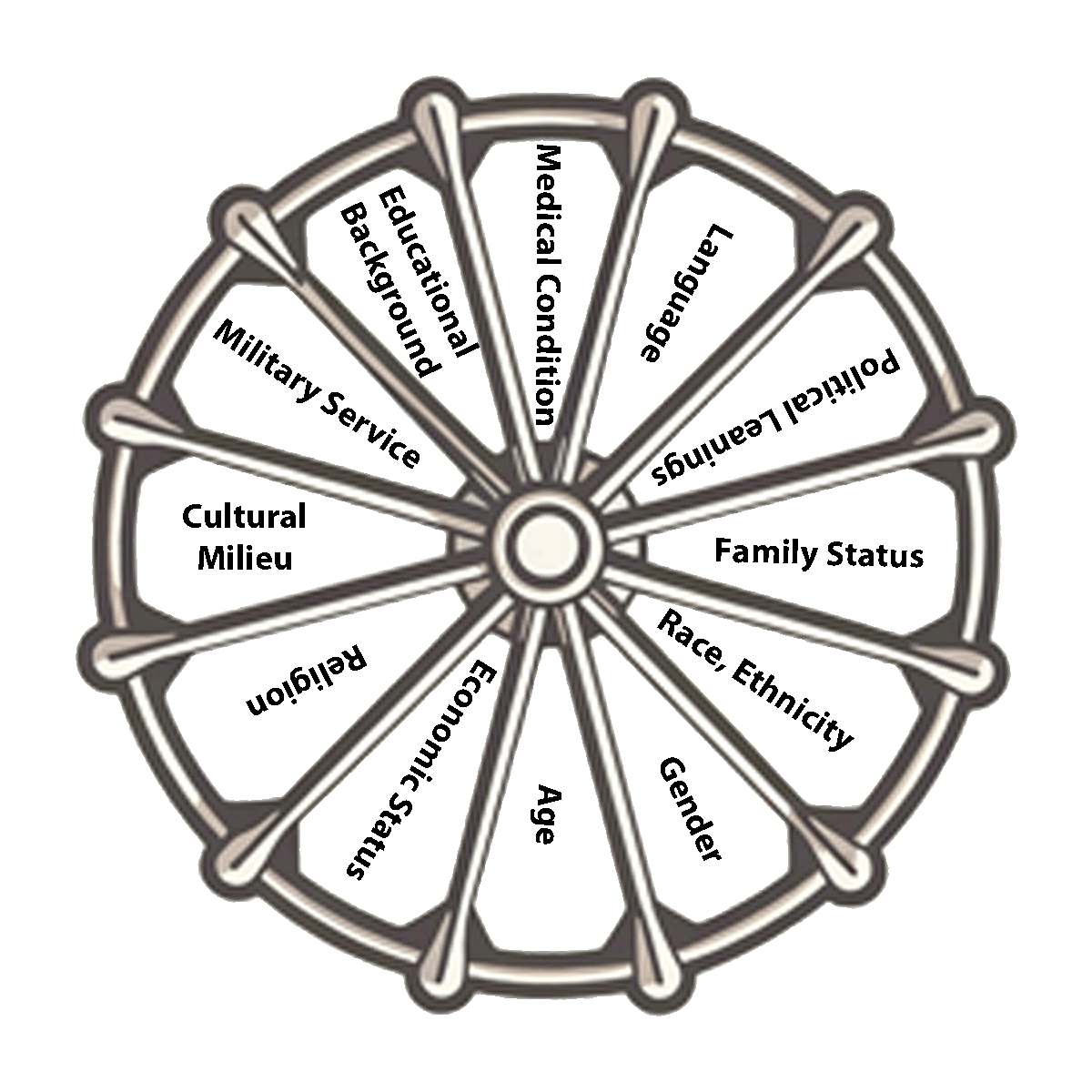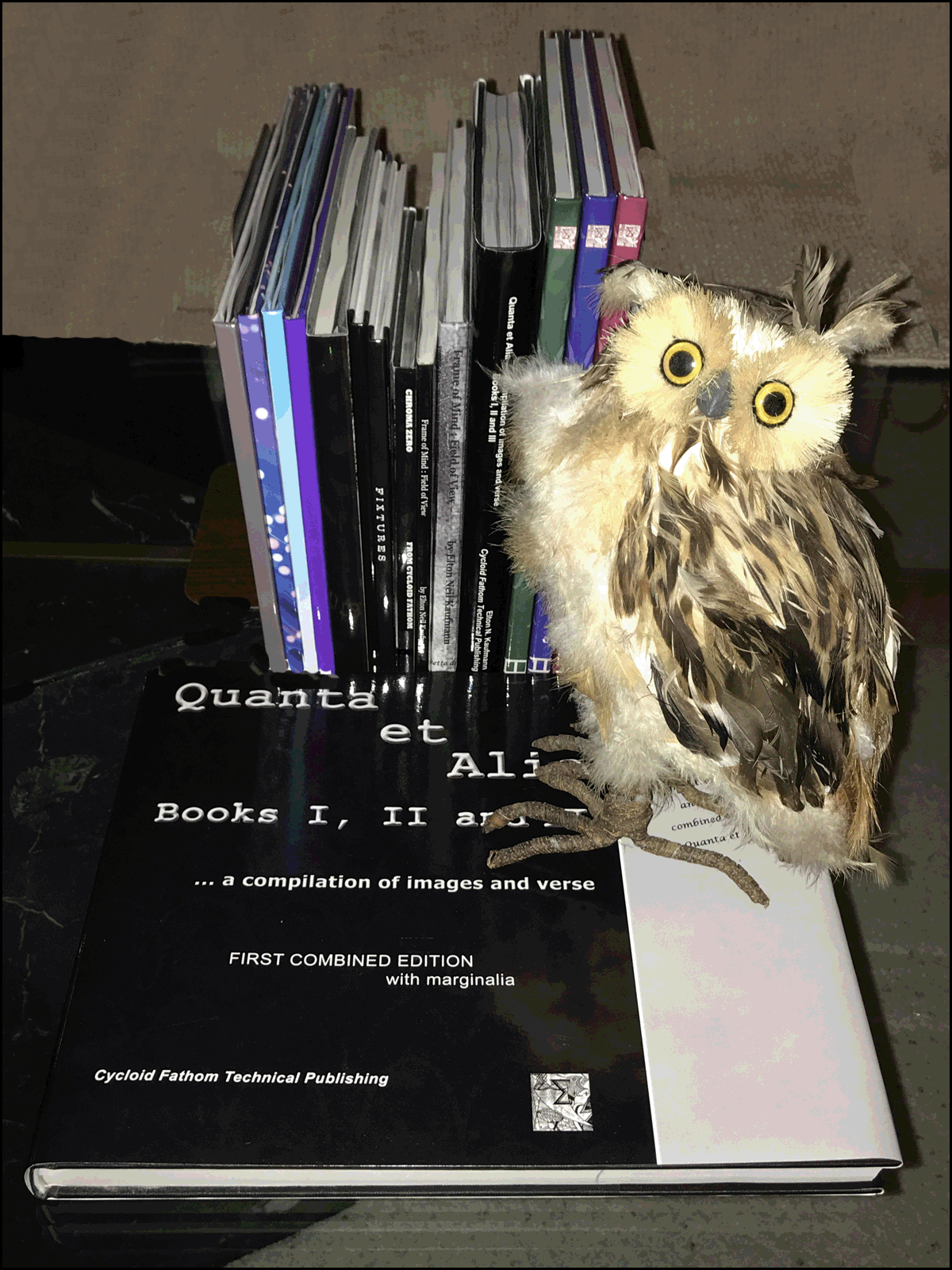An Aphorism: An unrealistic, unimplementable philosophy still costs time and pixels.
Nevertheless…
A country is not merely a territory within borders. It is not vast unsullied plains, majestic mountain peaks, glass-like waters reflecting a cloudless sky, or great rivers and meandering streams that grace the land. Neither is it grand cities and vast tracts of suburban homes; farms and silos as far as the eye can see; stone monuments celebrating past glories; or trails, rails, and roads slicing through prairies, tunneling through mountains, and connecting far-flung centers of commerce.
A country is its people, the people who farm that land, who inhabit those homes, and who work in those cities. No single individual of great stature and fame, not a founder of the nation, not a winner of a battle, and not a prince, a plenipotentiary, or a president comprises a country. Neither do a flag and an anthem make a country. The country is all of us, the symbols and the songs come later.
The cohesion grown from a shared history of events large and small, glorious and ignominious, and arising from the native soil or imported from distant lands, is the common thread and is the basis of hopes for and visions of a future in which all have a stake and a safe and healthy home. That cohesion is stressed and will unravel when disease, hunger, and violence are the order of the day. Not just violent acts but violence to the body politic is a threat. To keep a country, to keep us as a country, remedies for those failings must be found.
Our world has regions of cultural coherence that could be my kind of country if they were not embedded within or overlapping politically defined borders. Catalonia, the Basque Country, Kurdistan, and Tibet are good examples.
The Québécoise at one time had advocated secession and independence for Canada’s Quebec Province.[1] If that was primarily a language “discrimination” issue, then that tracks with the Russian speakers of Eastern Ukraine many of whom voted, we were told, to be annexed by Russia. The point is that people who have ethnic and cultural similarities that produce a cohesive togetherness and that do not fit well into their current environs, think of themselves as a de facto country despite the domestic political and international sovereignty realities.
There are also generations of diaspora spread around the world such as the Créoles and many others who have assimilated into the very different regions where they live.[2,3] Whether disaggregation of a people resulted from forced exile or a slave trade, or from voluntary emigration, they may still be a country in spirit but have lost the prospect of ever reuniting.
Remediation
Is there a prescription for a territorially well-defined region with unchallenged borders and a populace diverse in some respects to be a healthy country? Yes. Overcoming all fears, competitions, and envies; engaging both the calm and peaceful citizenry and the roiling packs of plaintiffs; and celebrating the lone elder feeding pigeons from a park bench while a gaggle of kids romp in a schoolyard are what’s needed to compose a common ethos that binds and feeds the us needed to retain and sustain not just the physical but the idea of country. That ethos provides the wherewithal to remedy wounds and heal the body politic and must therefore survive hard times.
Maybe in the distant future, this definition of country will transmute to the definition of “world.” A time when not only the borders on the map encircling territories and their respective languages, forms of government, and distinct cultures, but also the isolation and conflict that those differences had justified, will be gone.
For now, though, we need to work within our zones of potential influence and improvement.
Qualities
Crowds have no personality. Yes, there are common characteristics and beliefs across a population that surveys reveal. There are obvious group ethnicities that do not require surveys. Demographic subgrouping according to economic and educational status is useful for policy planning and development. But all of this glosses over the unique traits of each individual member of any of those groups.
Items on an off-the-cuff list of “good” traits and conditions start out looking something like dignity, respect, integrity, honesty, empathy, fairness, and grace. In a prior post ((In)Human(e) Nature, 23 September 2024), we ruminated about how we humans might overcome our basic instincts, those that are not conducive to a long-term peaceful social order beyond the tribe. If these “good” traits were ubiquitous today, I dare say our countries and our world would be unrecognizably peaceful and productive.
The 1984 extreme
Everything would be terribly peaceful if we all did have identical opinions and preferences. As automatons, we would have only one flavor ice cream, one model automobile, no political parties, and uniform times to bed and to wake. Not a straight-jacketed uninteresting world to desire. The price for harmony ought not be Orwellian conformity.[4]
Attempts by tyrants to stamp out differences in societies is an appealing plot line in fiction that draws approving audiences to cinema and television series. Conflict between the good and evil warring sides and the exciting on-screen battles that lead to a satisfying resolution is a story arc that never gets old. One unifying factor is the often explicitly stated motive of the instigator. Take, for example, the words of the Fire Lord Ozai in Avatar: The Last Airbender. “Tyranny? Don’t you mean… unity? Prosperity? Are we not the greatest nation in the world? Have I not led us to the brink of bringing the entire world under one rule, our rule, to ensure an era of peace?”[5]
To say that we would prefer a peaceful yet diverse country and world goes without saying but saying it opens us up to accusations of being “woke.” You see, “diversity” has become a buzzword included in so-called DEI (diversity, equity, and inclusion) programs that permeate attempts to undo unequal treatment of underrepresented groups and that have become the target of a well-oiled right-wing alliance that panders to those who fear the “other” and fear their own impending decline to minority status. Well, too late – woke or not, we said it.
”Group think,” rather than being the road to peace and security is eventually the road to revolution – especially when the thoughts injected into the group tell members “…if you don't fight like hell, you're not going to have a country anymore.”[6]
Protections that are not…
How are those differences between us that we applaud not allowed to become divisive? Many topics and issues are the basis for disagreements. In the USA, we are proud,* and we miss no opportunity to boast about how our Constitution protects us and all the “rights” we hold dear. We could take a closer look at intentions versus practice. For example, the Constitution’s First Amendment says in part, “Congress shall make no law … abridging the freedom of speech, or of the press…” Nevertheless, yelling “fire” in a crowded theater is not protected speech because of the obvious threat to the safety of the rest of us. One protection overrules the other. One could ask, and I do, “What makes lies and conspiracy theories propounded over the internet, that in turn cause the misguided to commit violent acts, immune from the “yelling fire” exception?
Another head-scratching phenomenon unique to the USA is the Second Amendment’s protection of gun rights. It reads, “A well regulated Militia, being necessary to the security of a free State, the right of the people to keep and bear Arms, shall not be infringed." Seems like a good and rational notion, especially toward the end of the 18th century. Now, however, while we wait for the need to raise that “militia,” many thousands of fellow citizens have lost their lives to not-so-well-regulated guns.
If our rights are so well protected, why is there increasing trepidation among the people as these harms go unaddressed? Wish there were a simple answer. This is not as simple as good guys and villains. I am sure our readers know from personal experience that one-to-one relationships, even between those who hold diametrically opposing views, can be and often are perfectly fine. Only when it’s group against group, when most or all members of the groups are unknown to each other and are fed alarming rhetoric, do matters escalate with no hope of resolution.
A New Hope - dashed
In the early days of social media, healthy online one-to-one connections might have augmented in-person connections with salutary effect. That has not been the case. The one aspect of the more efficient technology that works against positive relationships is anonymity. That dashed the “New Hope,”[7] in a fashion not unlike when the “Empire Strikes Back.”[8] With anonymity comes irresponsibility and posting “fire” on a crowded website does not create a stampede to the exits. On the contrary, algorithms have learned that such negative noise attracts more clicks and sells more proverbial soap.
Parsing the populace
Here’s the rub. There are too many parameters that define each of our proclivities. Religions, political leanings, economic status, languages, age, medical conditions, gender, educational backgrounds, family status, responsibilities, military service, race, ethnicity, and cultural milieu. Where and between which categorical extremes do we slice ourselves into cadres that need to come reason together? The variety of multiparameter boxes in which each of us fit is far too large with boundaries far too complex to submit to simple solutions for comity.
Epilogue
Readers of our posts are well aware of our tendency to veer off into linguistics as an aside or, rarely, as central to a topic. When thinking about what country implies and what a country is, I found myself attacking the question from multiple angles, backing away and chasing a new and different perspective on the whole concept. In other (liturgical-like) words, ego semper ruminare. After putting the above thoughts into essay form, I conclude, sadly, that beyond dictionary definitions, it all depends on who’s asking and who’s answering, i.e., a quite personal and personality-based concept not amenable to a neutral didactic exposition. I wish it weren’t so, but country as a community large or small is messy, ill defined, and left wanting for criteria to help us measure how close we or anyone have come to the ideal ethos-based conditrion I’ve described above. So, I leave our country quest sine die.
* Perhaps annoyingly so!
Credits:
Kurdistan map from https://www.britannica.com/place/Kurdistan
Catalonia map from https://www.bbc.com/news/world-europe-20345071
Basque Country map from https://frenchsidetravel.com/unveiling-the-french-side-of-the-basque-country/
Tibet map from https://www.bbc.com/news/world-asia-pacific-16689779
The 14-spoke wheel image (w/o text) was generated by OpenAI.com’s DALL-E image generator.
Image of Daniel Dae Kim as Lord Ozai from https://ew.com/tv/avatar-the-last-airbender-live-action-photos-daniel-dae-kim-fire-lord-ozai
Image of George Orwell from https://commons.wikimedia.org/wiki/File:George_Orwell,_c._1940_%2841928180381%29.jpg
[1] https://en.wikipedia.org/wiki/Quebec_sovereignty_movement
[2] https://en.wikipedia.org/wiki/Creole_peoples
[3] https://en.wikipedia.org/wiki/List_of_diasporas
[4] https://en.wikipedia.org/wiki/Nineteen_Eighty-Four
[5] https://scrapsfromtheloft.com/tv-series/avatar-the-last-airbender-s01e03-omashu-transcript/
[6] https://www.npr.org/2021/02/10/966396848/
[7] Star Wars: Episode IV - A New Hope (1977)
[8] Star Wars: Episode V - The Empire Strikes Back (1980)
Nota Bene: Others may ruminate differently. But be warned: In my case, seeing or hearing something quite trivial -- a saying, a store clerk’s mannerisms, or bad grammar on a food product’s label – triggers a stream-of-consciousness extrapolation toward grander notions and generalizations. That is what often happens in these posts. ADDENDUM: Those subscribers who have been here for a while will have noticed that at times ruminations have veered into diatribes. I make no apology. I just want my readers to know that it’s quite intentional. When events come close to making the ‘blood boil,’ that discontent bubbles up here.
Disclaimer: Any and all opinions expressed here are my own at the time of writing with no expectation that they will hold beyond my next review of this article. Opinions are like a river, winding hither and yon, encountering obstacles and rapids, and suffering turbulent mixing of silts from its depths and detritus from its banks. But just as a river has its clear headwaters and a fertile delta, so do opinions, notwithstanding any intervening missteps and uncertainties.
Reminder: You can visit the Cycloid Fathom Technical Publishing website at cycloid-fathom.com and the gallery at cycloid-fathom.com/gallery.
Forthcoming posts (unless life intervenes)
Let’s Get Political (Explicitly)
…Momentum and paths of least resistance
November 11, 2024






